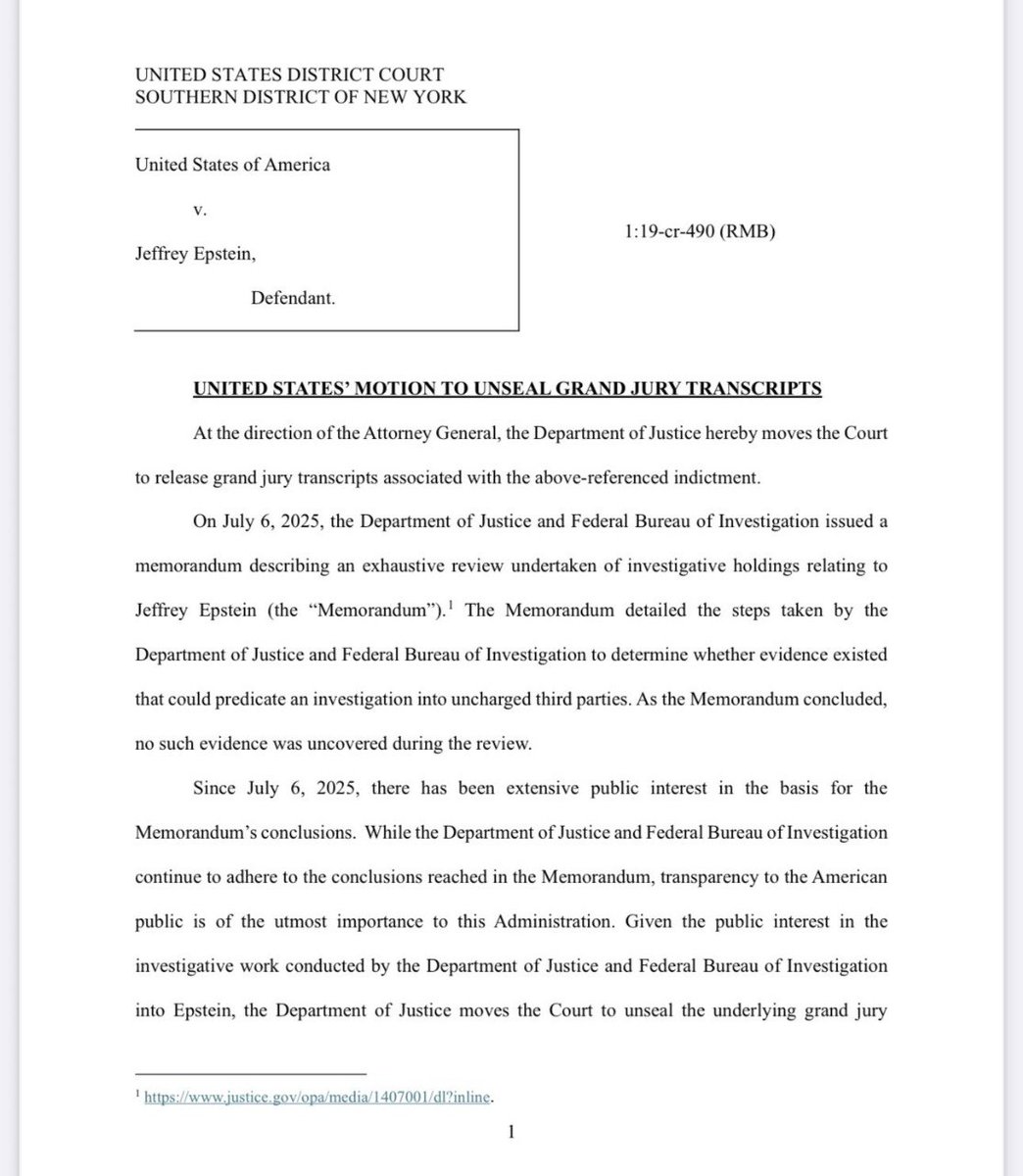Tired of the same search results?
🌐 Here are 10 HIDDEN search engines Google doesn’t show you - designed for deep research and untapped knowledge.
[ Bookmark Now 🔖]
🌐 Here are 10 HIDDEN search engines Google doesn’t show you - designed for deep research and untapped knowledge.
[ Bookmark Now 🔖]

1. Yacy
Yacy is an innovative decentralized search engine that you can host on your own server. Unlike traditional search engines that rely on centralized databases, Yacy uses a peer-to-peer network to index the web, allowing users to contribute to and benefit from a collective search experience.
This model enhances privacy and security, as your search queries aren't tracked. With Yacy, you can tailor your search results to fit your needs while maintaining control over your data, making it an excellent choice for those looking to break free from conventional search engines.
Yacy is an innovative decentralized search engine that you can host on your own server. Unlike traditional search engines that rely on centralized databases, Yacy uses a peer-to-peer network to index the web, allowing users to contribute to and benefit from a collective search experience.
This model enhances privacy and security, as your search queries aren't tracked. With Yacy, you can tailor your search results to fit your needs while maintaining control over your data, making it an excellent choice for those looking to break free from conventional search engines.
2. Searx
Searx is an open-source metasearch engine designed to prioritize user privacy and anonymity. By aggregating search results from multiple search engines without tracking your queries or behavior, Searx offers a way to browse the web without being profiled.
It is highly customizable, allowing you to tweak which search engines it pulls data from and set up your own instance for even greater control. If you value open-source tools and anonymity, Searx is a powerful alternative to mainstream search engines.
Searx is an open-source metasearch engine designed to prioritize user privacy and anonymity. By aggregating search results from multiple search engines without tracking your queries or behavior, Searx offers a way to browse the web without being profiled.
It is highly customizable, allowing you to tweak which search engines it pulls data from and set up your own instance for even greater control. If you value open-source tools and anonymity, Searx is a powerful alternative to mainstream search engines.
3. Mojeek
Mojeek is a unique search engine that stands apart by offering its own independent search index, rather than relying on data from other engines. With a strong focus on privacy, Mojeek doesn’t track users, collect personal information, or target ads based on search history.
It’s a great option for users who value both transparency and autonomy in their search experience, providing an alternative to mainstream search engines while still delivering relevant, unbiased results from its growing index of the web.
Mojeek is a unique search engine that stands apart by offering its own independent search index, rather than relying on data from other engines. With a strong focus on privacy, Mojeek doesn’t track users, collect personal information, or target ads based on search history.
It’s a great option for users who value both transparency and autonomy in their search experience, providing an alternative to mainstream search engines while still delivering relevant, unbiased results from its growing index of the web.
4. BASE
BASE (Bielefeld Academic Search Engine) is a powerful academic search tool, providing access to millions of documents from over 8,000 content sources worldwide. Unlike typical search engines, BASE focuses on academic resources, including journals, research papers, and more, offering reliable and quality scholarly information.
It’s widely used by researchers and students, as many of its indexed resources are available as full-text documents. BASE stands out for its transparency and filtering options, allowing users to find open-access materials easily.
BASE (Bielefeld Academic Search Engine) is a powerful academic search tool, providing access to millions of documents from over 8,000 content sources worldwide. Unlike typical search engines, BASE focuses on academic resources, including journals, research papers, and more, offering reliable and quality scholarly information.
It’s widely used by researchers and students, as many of its indexed resources are available as full-text documents. BASE stands out for its transparency and filtering options, allowing users to find open-access materials easily.
5. Science . gov
Science . gov is a gateway to U.S. government science information, offering access to a vast collection of research and development results. It pulls from over 60 databases and 2,200 websites, covering everything from federal research to technical reports, journal articles, and scientific data.
This search engine is ideal for students, researchers, and professionals looking for authoritative and credible scientific information. By focusing on public access to government-funded research, Science . gov serves as a critical resource for advancing knowledge across various scientific disciplines.
Science . gov is a gateway to U.S. government science information, offering access to a vast collection of research and development results. It pulls from over 60 databases and 2,200 websites, covering everything from federal research to technical reports, journal articles, and scientific data.
This search engine is ideal for students, researchers, and professionals looking for authoritative and credible scientific information. By focusing on public access to government-funded research, Science . gov serves as a critical resource for advancing knowledge across various scientific disciplines.
6. RePEc
RePEc (Research Papers in Economics) is a collaborative initiative that provides access to economics research from around the world. It offers a decentralized database of working papers, journal articles, books, and software components.
Researchers and economists can use RePEc to find scholarly works across a wide range of economic topics. What sets RePEc apart is its open-access model, allowing users to download many full-text documents for free. It's an invaluable tool for anyone in academia or the field of economics, helping disseminate knowledge and foster collaboration.
RePEc (Research Papers in Economics) is a collaborative initiative that provides access to economics research from around the world. It offers a decentralized database of working papers, journal articles, books, and software components.
Researchers and economists can use RePEc to find scholarly works across a wide range of economic topics. What sets RePEc apart is its open-access model, allowing users to download many full-text documents for free. It's an invaluable tool for anyone in academia or the field of economics, helping disseminate knowledge and foster collaboration.
7. Bioline
Bioline is a not-for-profit platform providing access to peer-reviewed bioscience research published in developing countries. It focuses on making scientific knowledge more accessible, particularly in fields such as health, biodiversity, and the environment.
With journals in various languages, Bioline is a critical resource for researchers, students, and professionals looking for information that might not be available through mainstream databases. Its commitment to open access ensures that this valuable research reaches a global audience without barriers.
Bioline is a not-for-profit platform providing access to peer-reviewed bioscience research published in developing countries. It focuses on making scientific knowledge more accessible, particularly in fields such as health, biodiversity, and the environment.
With journals in various languages, Bioline is a critical resource for researchers, students, and professionals looking for information that might not be available through mainstream databases. Its commitment to open access ensures that this valuable research reaches a global audience without barriers.
8. SpringerLink
SpringerLink is a comprehensive online platform providing access to millions of scholarly articles, books, and research papers across various academic disciplines, including science, technology, medicine, and social sciences. It’s widely used by researchers, students, and professionals for peer-reviewed content, offering access to both free and subscription-based materials.
SpringerLink is particularly known for its vast collection of eBooks and journals, making it a valuable resource for in-depth academic research and study. Many documents on the platform are downloadable, ensuring ease of access to quality information.
SpringerLink is a comprehensive online platform providing access to millions of scholarly articles, books, and research papers across various academic disciplines, including science, technology, medicine, and social sciences. It’s widely used by researchers, students, and professionals for peer-reviewed content, offering access to both free and subscription-based materials.
SpringerLink is particularly known for its vast collection of eBooks and journals, making it a valuable resource for in-depth academic research and study. Many documents on the platform are downloadable, ensuring ease of access to quality information.
9. WorldCat
WorldCat is the world's largest library catalogue, allowing users to search the collections of thousands of libraries worldwide. It provides access to books, journals, DVDs, articles, and other media held in libraries from around the globe. Whether you're looking for a rare book or a widely available academic paper, WorldCat is an excellent resource for locating physical and digital items.
Users can also discover where specific items are located locally, making it a powerful tool for researchers, students, and book enthusiasts.
WorldCat is the world's largest library catalogue, allowing users to search the collections of thousands of libraries worldwide. It provides access to books, journals, DVDs, articles, and other media held in libraries from around the globe. Whether you're looking for a rare book or a widely available academic paper, WorldCat is an excellent resource for locating physical and digital items.
Users can also discover where specific items are located locally, making it a powerful tool for researchers, students, and book enthusiasts.
10. RefSeek
RefSeek is a dedicated academic search engine designed for students and researchers, providing access to more than a billion documents, including web pages, books, encyclopedias, journals, and academic papers. Unlike commercial search engines, RefSeek filters out less-relevant information, focusing solely on educational and research content.
Its clean, user-friendly interface allows users to efficiently find reliable resources for their studies, covering a wide range of subjects. It’s an ideal tool for anyone in academia looking for focused and high-quality sources without the clutter of typical web searches.
RefSeek is a dedicated academic search engine designed for students and researchers, providing access to more than a billion documents, including web pages, books, encyclopedias, journals, and academic papers. Unlike commercial search engines, RefSeek filters out less-relevant information, focusing solely on educational and research content.
Its clean, user-friendly interface allows users to efficiently find reliable resources for their studies, covering a wide range of subjects. It’s an ideal tool for anyone in academia looking for focused and high-quality sources without the clutter of typical web searches.
• • •
Missing some Tweet in this thread? You can try to
force a refresh



























